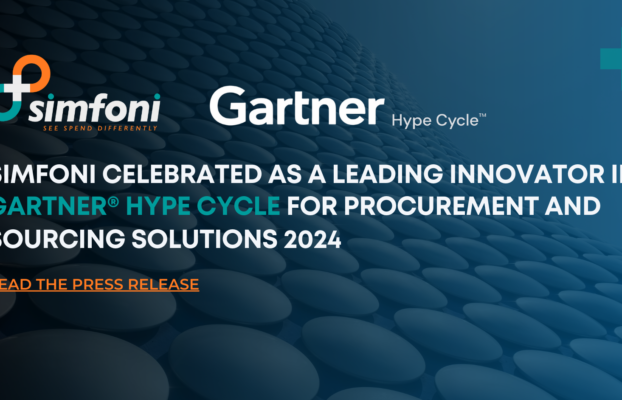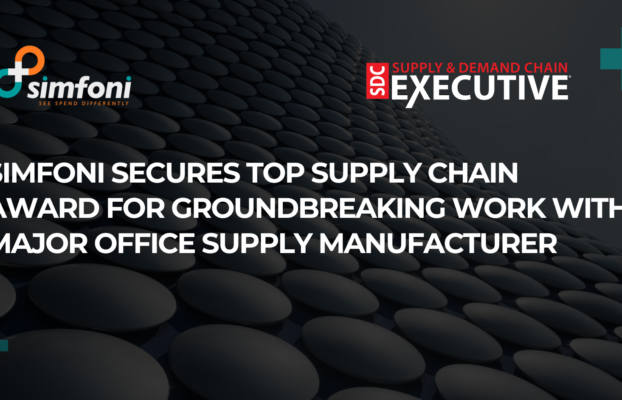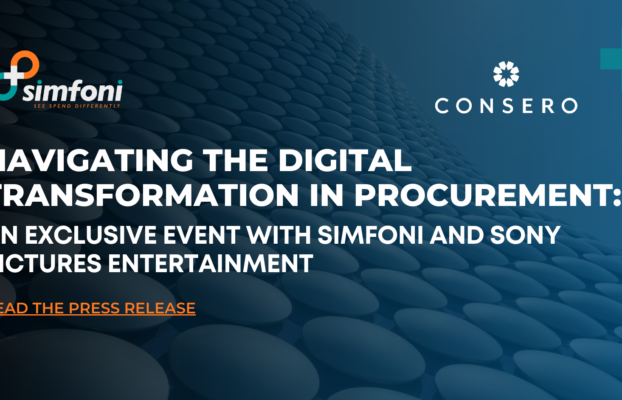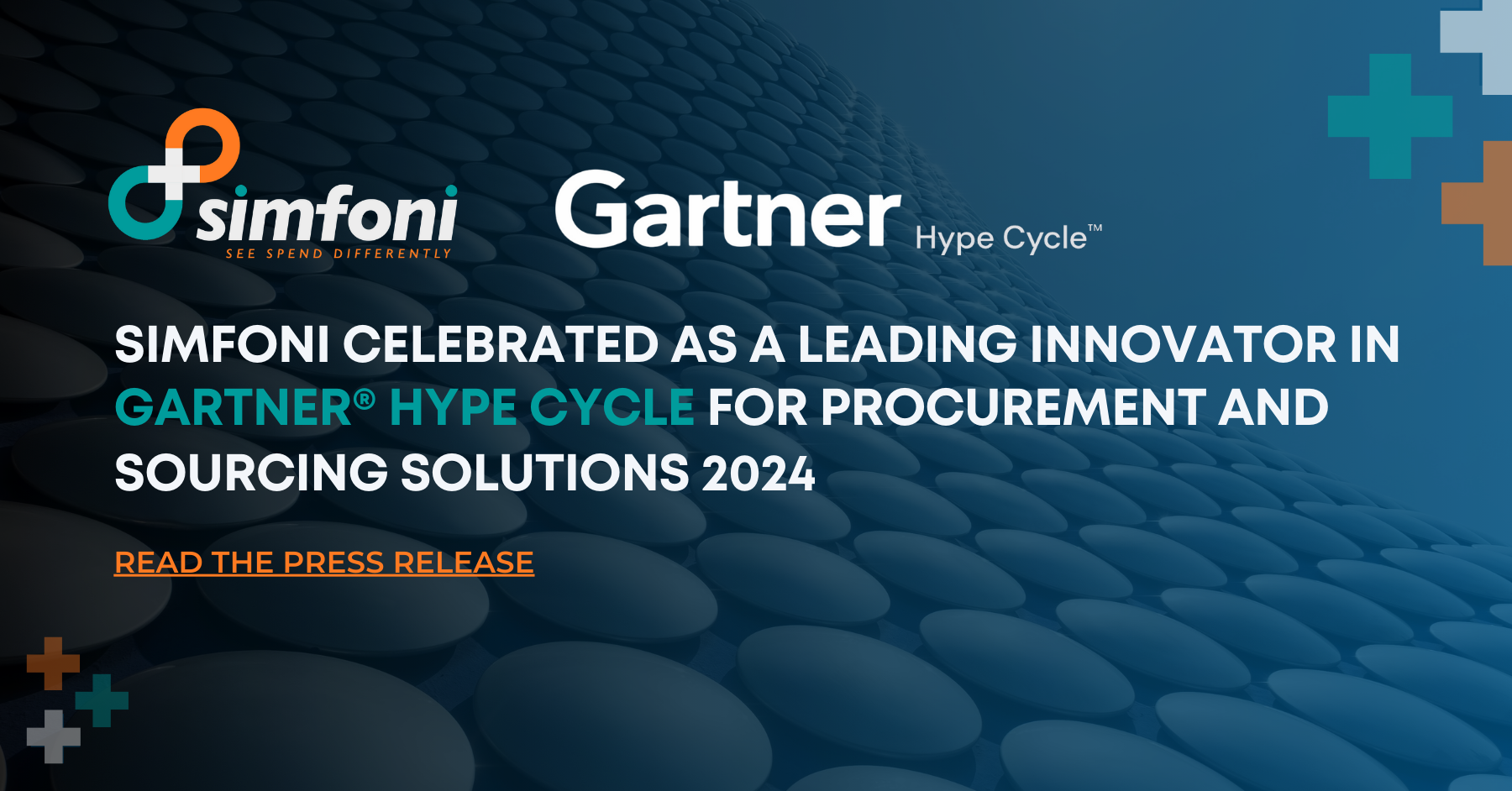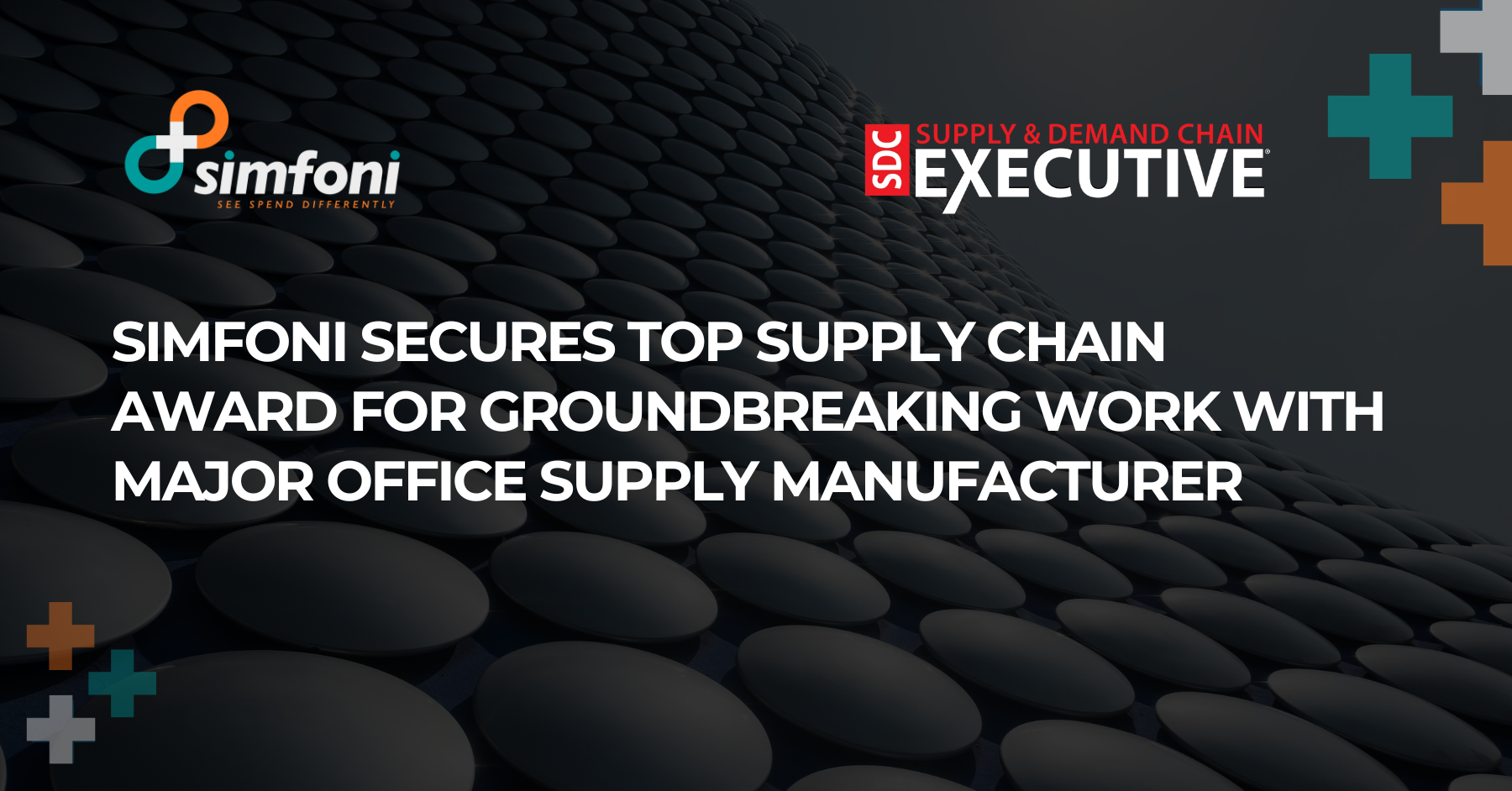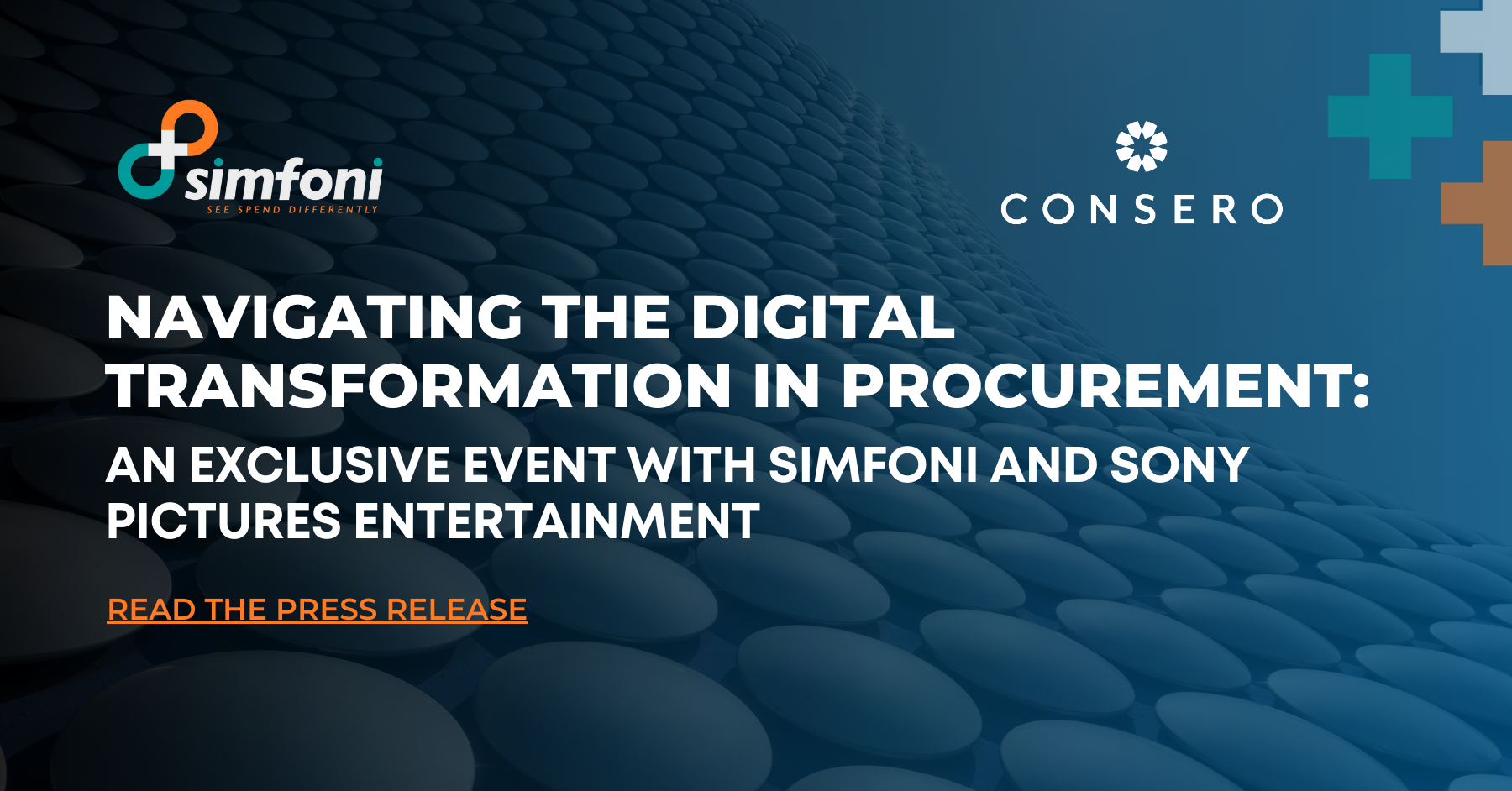Environmental, Social, and Governance (ESG) responsibility has rapidly scaled the list of corporate priorities in recent years, and for good reason. Sustainable and socially conscious procurement practices are beneficial for the environment and society, but also directly benefit the business by creating competitive advantages and elevating brand reputation.
For years, forward-thinking companies have focused on ESG challenges from the standpoint of brand value, but they are now equally important in the eyes of customers.
Consumers are increasingly interested in purchasing products from environmentally friendly, socially conscious brands. For example, many base their buying decisions on a company’s efforts to reduce greenhouse gas emissions, due to the resulting influence on global warming. To reduce their own individual carbon footprint, consumers align themselves (i.e., spend money) with brands that have the same philosophy.
The best way to ensure that a company’s supply chain has a positive impact on the environment and society is to adopt sustainable procurement practices.
What Is Sustainable Procurement?

Sustainable procurement is the acquisition of goods and services for the fulfillment of company needs and supply chain—executed in an environmentally friendly manner. It includes the incorporation of CSR concepts into a company’s procurement procedures and decision-making process while ensuring a long-term plan for meeting functionality demands.
Sustainable procurement incorporates specifications and criteria that are based on responsible sourcing, waste reduction, and activities that are beneficial for economic development.
Sustainable procurement guarantees that a company’s key sustainability values are upheld throughout the product and service life cycle—future-proofing a company’s sustainable purchases and investments by creating sustainable policies that boost its long-term viability is the best approach.
Top 5 Amazing Benefits of Sustainable Procurement
Setting up a sustainable procurement strategy and adhering to more sustainable purchasing procedures have various business advantages. Establishing long-term supply networks benefits everyone, and a company’s direct and upstream suppliers ultimately become more sustainable because of their own processes are influenced by the change.
Sustainable procurement offers 5 major advantages to companies for implementing a sustainable buying strategy.
1. Reduces the Risk of Supply Chain Failures
It is natural to concentrate on the continuity of product supply or the cost of each unit when analyzing supplier risk. However, as a company begins to focus on sustainability objectives, it must examine suppliers more closely. For instance, if a supplier is intentionally disposing of garbage inappropriately or producing excessive pollution odds are they aren’t maintaining control in other areas, which can lead to disruptions, unhappy customers, and financial loss.
Read More: – What is Source to Pay – A Guide to Source to Pay (S2P) Process
2. Safeguards Brand Reputation
Many companies have suffered the effects of sourcing products or services from suppliers with unsustainable and damaging practices. Ultimately, the company that receives any service is partially or fully accountable for long-term environmental effects as well as other factors. Any company must ensure that all such suppliers understand and enhance their environmental, social, and governance (ESG) indicators, locate new suppliers, and act to either improve or replace their current suppliers. Having sustainable procurement procedures can safeguard a company’s reputation and provide protection against potential lawsuits.
3. Saves Money by Reducing Employee Cost
Many companies continue to have relationships with suppliers that damage their reputation and profit margin, without recognizing it. Working with your suppliers in the pursuit of a sustainable procurement strategy means that companies can reduce waste and save money in the process. When companies consume less to produce more, it requires a smaller workforce and results in higher returns.
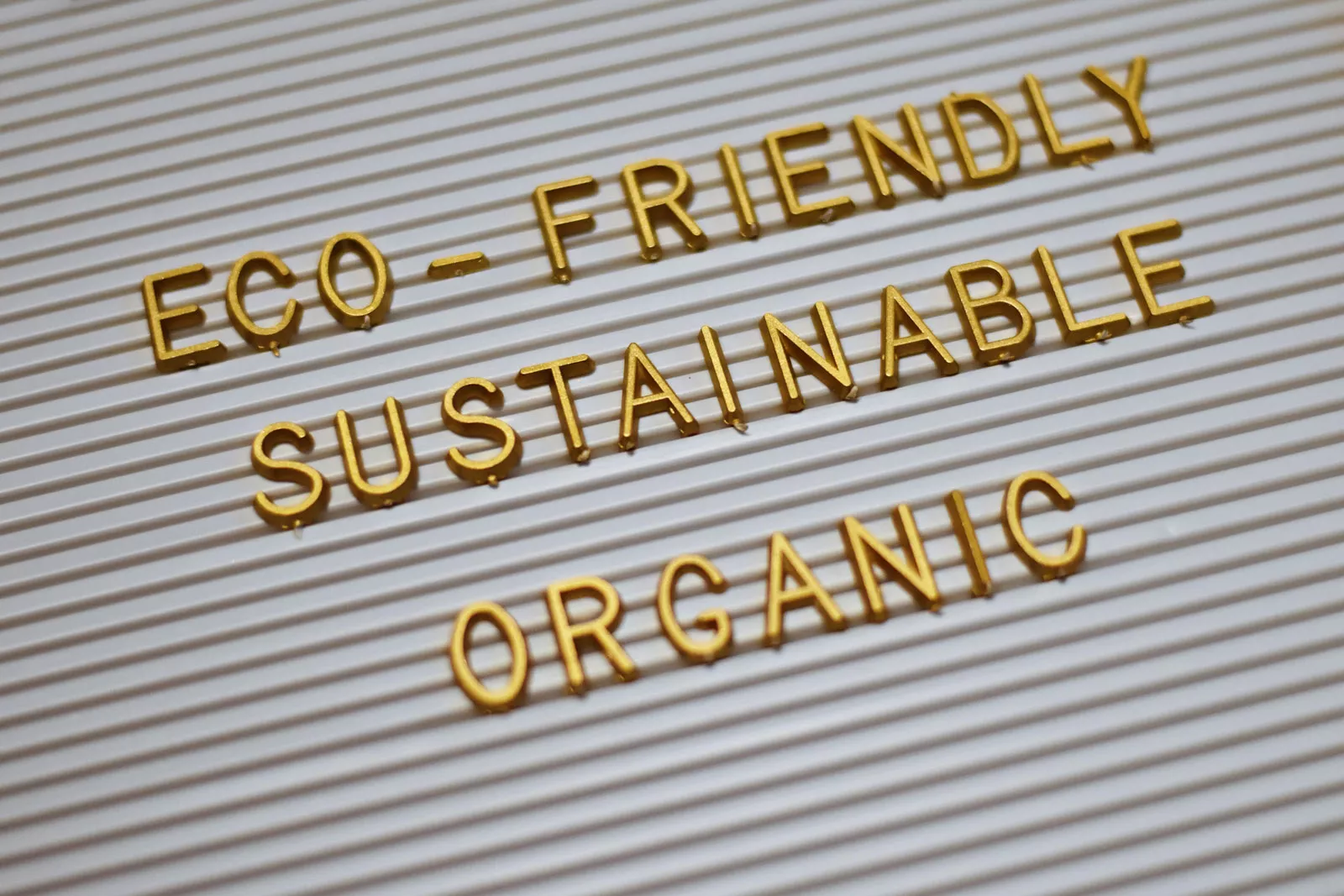
4. Provides Groundwork for Increased Earnings
Many organizations have previously been deterred from adopting a sustainable procurement life cycle because of the perceived high cost involved. However, modern consumers are ready to pay extra for a product or service that has a transparent supply chain and can be shown to be environmentally friendly and durable. Sustainable energy, water and product sources including recyclable products are easier to replicate, scale and develop. While initial costs may seem comparatively high, the long-term difference in higher profits, advantageous revenue, and recurring customers makes companies with sustainable procurement practices stand out.
Read More:- What is Procure to Pay – A Guide to Procure to Pay (P2P) Process
5. Secures the Supply Chain
By focusing on sustainability, companies can almost immediately decrease their carbon footprint. You may not see the results immediately, but the impact on the supply chain alone makes it worth implementing. For example, older, more traditional supply chain systems are more susceptible to trade conflicts, currency rate instability, and COVID-19 than systems that are built with sustainability practices in mind. Therefore, all suppliers that provide services based on sustainable sources and environmentally friendly practices are protected against unexpected obstacles.
How to Introduce Sustainable Procurement Processes to Your Company?
The above-mentioned advantages have proven to be the key factor in the success of companies using them at scale. Here are some guidelines you can follow to ensure a newly implemented sustainability program gets off to a strong start.
Understand the Timeline
Identifying the starting point and ensuring the proper steps to take along the way is the first and most important point of the process. The following must be considered when building a sustainable buying strategy:
- Understand how sustainability fits into the broader company objectives and how that affects your overall strategy, KPIs, and targets.
- Compare your procurement sustainability efforts with those of competitors, and industry leaders. Acquire knowledge directly from your industry on how its approaches sustainable procurement.
- Analyze and understand the degree to which environmental, social, and governance (ESG) and CSR footprints are influenced by direct and upstream suppliers. If the company exists in a different sector, this might be much higher or lower than the quoted two-thirds average.
Set the Groundwork
A thorough work-through and analysis of all systems involved in procurement are necessary to set the groundwork. Corporate goals should be specific, measurable, achievable, realistic, and time-bound.
Refer to any prior benchmarking. For example:
- Which businesses’ sustainable purchasing practices are to be emulated?
- What standards should a company match?
- Where are sustainable procurement processes lacking?
- How can we become an industry leader in sustainable procurement?
Make sure the established goals have clear values in terms of the sustainability advantages they provide.
Outline a Plan for Achieving Goals:
Setting forth a plan for success is next. A two-step procedure is the most effective way to do this.
First and foremost, any company should develop fundamental rules that can be shared internally, with suppliers, and if required, with authorities in the regions where suppliers are located. It’s important to grasp the distinct regulatory requirements in each area. For example, an environmental regulator in Southeast Asia may have a different set of overall standards than an environmental regulator in Europe. Even so, there are likely to be several parallels that will assist all businesses in developing rules that are applicable across all regions and business partners.
The second thing to do is to distinguish essential projects. These may include:
- Getting new suppliers to commit to a carbon-neutral goal.
- Ensuring that a certain amount of garbage is recycled or repurposed.
- A zero-tolerance policy for poor working conditions, violations of basic human rights, and compliance with all ethical and corporate moral regulations.
Continually Develop and Implement Sustainable Supply Chain Practices
At this point, a company may begin to implement a sustainable supply chain vision. Even if it takes years, a clear path and a strategy for continuous improvement are guaranteed if the following process is implemented.
The policies and expectations must develop in tandem with the changing global environment and the demands of the market.
The details are:
- It’s important to make sure that the procurement process is consistent with company values, rules, and non-negotiable standards.
- Focus on making these themes part of supply chain culture rather than just another checklist.
- Scale-up policy and process implementation to guarantee sustainability across all levels of the supply chain.
- Work with your suppliers as partners in sustainability.
- Be on the lookout for discrepancies between goals and the outcomes and have a strategy in place for pivoting if the results don’t meet expectations.
Why Is It Important to Have a Sustainable Procurement Supply Chain?

Sustainable procurement is critical for every business, regardless of size or industry. A supply chain is only sustainable if it is well-managed. When it comes to making buying choices, no company can fully control the actions of its suppliers, but it can choose who to partner with and how to analyze risk and sustainability.
While discussing the financial metrics and future-proofing advantages of sustainable procurement, the fact is that concentrating on sustainability will help avoid supply chain interruptions and maximize the possibilities provided by the value chain. Environmental, Social, and Governance (ESG) activities may also benefit from the flexibility it provides.
Final Thoughts:
Companies must understand the ever-increasing influence of ESG issues on consumer behaviors. Failure to recognize this and innovate to meet consumer sustainability standards can hurt brand reputation in addition to profit margins. Therefore, these practices can make or break a business on many levels. However, with proper planning and implementation, any company can benefit from a sustainable procurement program.
Procurement does not need to be complicated and confusing. Simfoni allows you to optimize your business for social responsibility, social impact, and sustainable development. Contact us now to get the procurement solution your business not only needs but deserves.
Useful Resources
- Cost Reduction Strategies in Procurement.
- Effective Procure-to-Pay Process Guide (P2P Procurement).
- Guide to eProcurement software & Solutions.
- Guide to Manage Tail Spend and Improve the Bottom Line.
- Guide to Procurement Software & eProcurement Solution.
- Guide to Understanding Category Management in Procurement.
- Leveraging AI & Machine Learning in Procurement.
- Procurement Analytics & Implementation.
- Procurement Management - Key Steps and Roles.
- Procurement Marketplace - Reinventing Procurement
- Savings Tracking Process in Procurement.
- Source to Pay Process, Steps & Definition.
- Spend Analysis in Procurement: Importance, Process & Examples.
- Supplier Diversity in Procurement
- Sustainable Procurement - Importance & Best Practices
- Understanding the What, Why, & How of Strategic Sourcing.
- Procurement Auctions – How It Works, Example, and Risks.
- Supply Chain Management (SCM): How It Works and Why It Is Important
- What is Contract Management - Everything You Need to Know
- B2B Marketplace - The Ultimate Guide to Procurement Marketplace
- Spend Management - Importance & Best Practices On Business Spend Management Software & Solutions
- Strategic Sourcing – Ultimate Guide To Strategic Sourcing Processes
- Spend Cube – Ultimate Guide to Spend Cube Analysis
- Procurement Software - Automate Your Procurement Process

